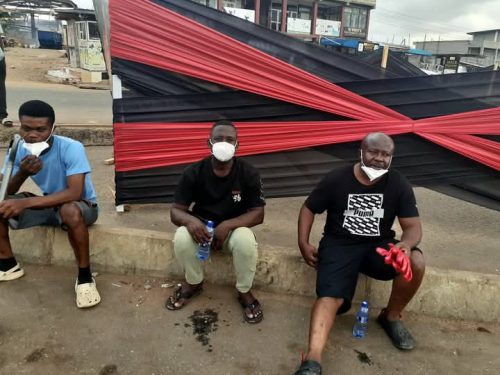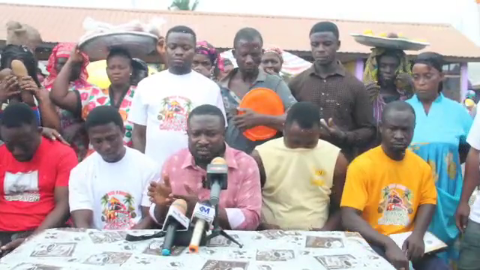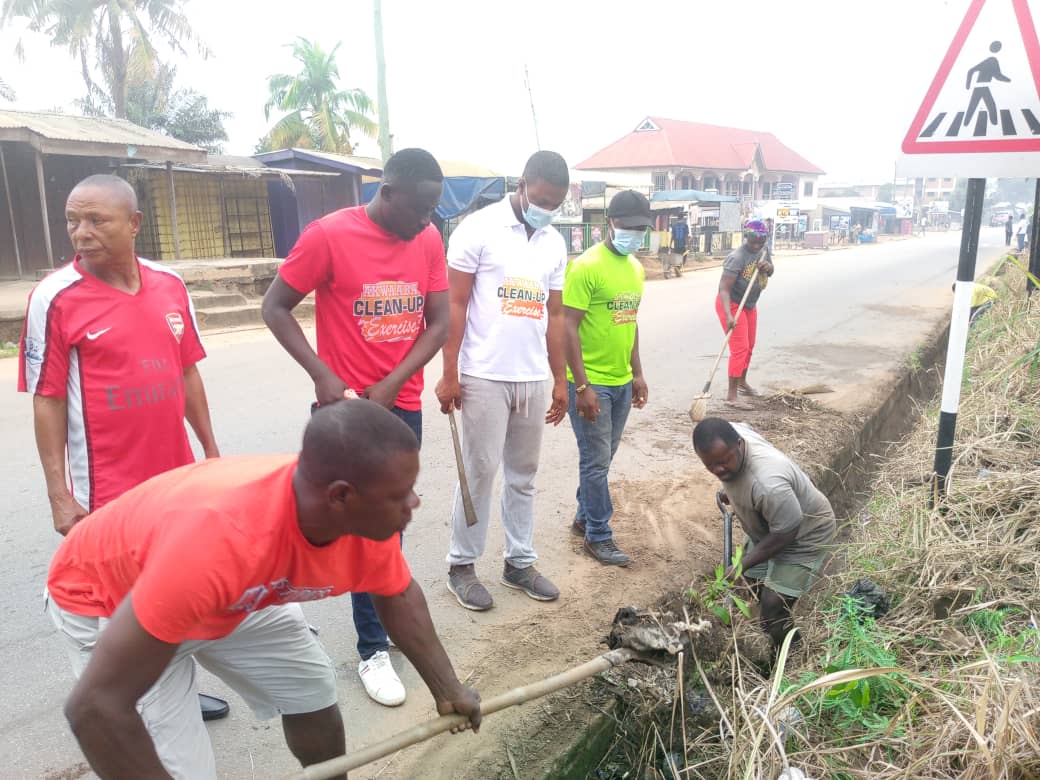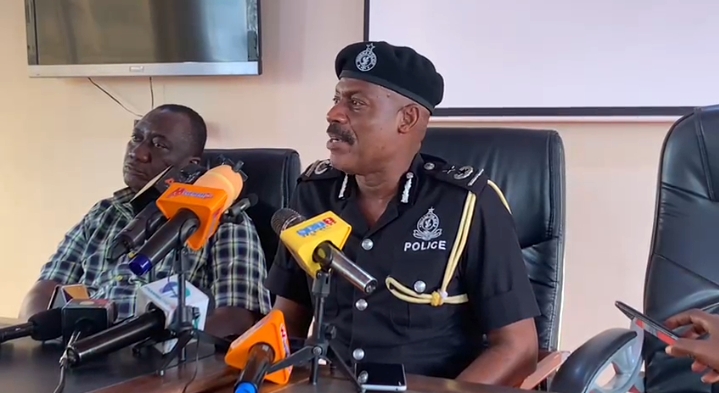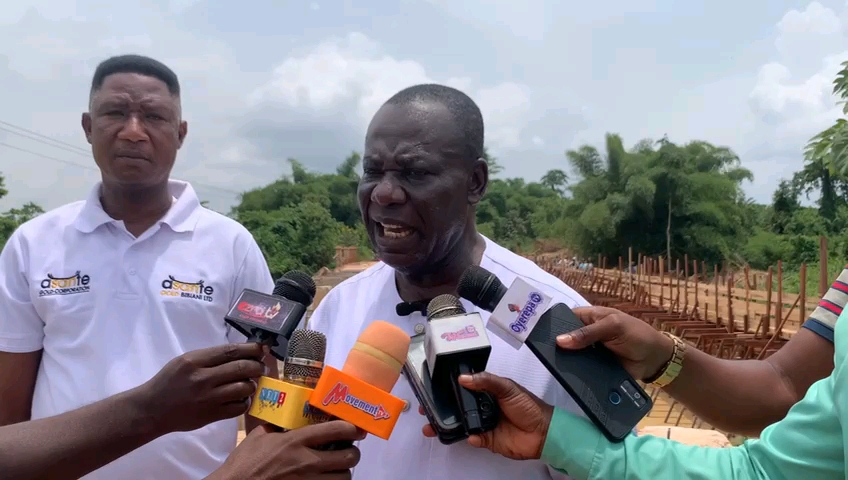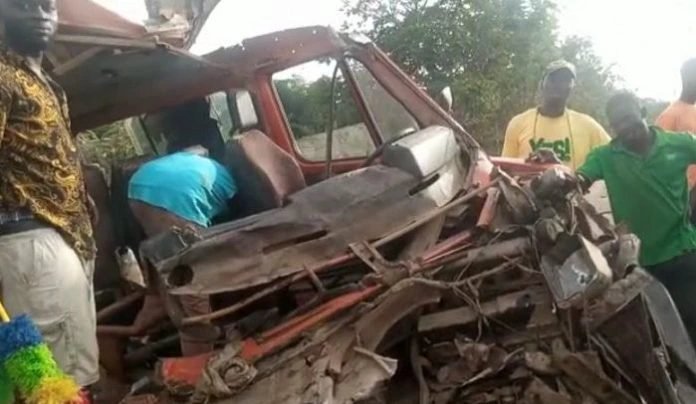Asokore Mampong Unites for Cleanliness: Massive Turnout on Day One of Community Clean-Up Exercise
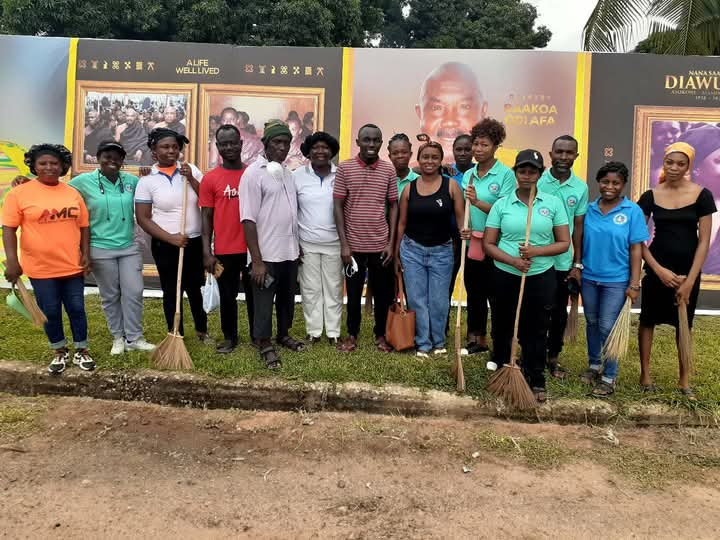
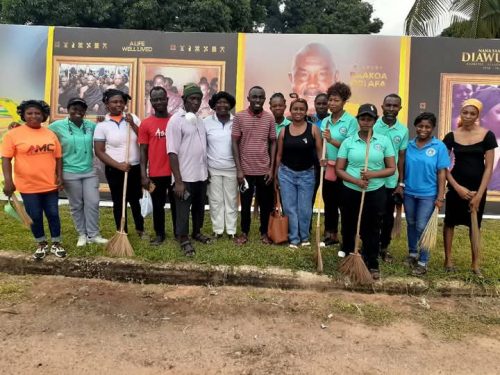
The Asokore Mampong Traditional Council, Assembly Member Hon parker Patrick Oti Bio, and Unit Committee have expressed profound gratitude to residents for their outstanding participation in the first day of a two-day general clean-up exercise held in the community.
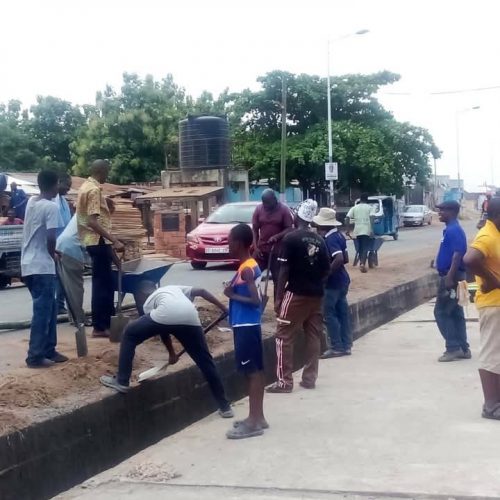
The event, which drew hundreds of enthusiastic participants from all walks of life, marks a significant step towards fostering a cleaner and healthier environment in Asokore Mampong. The community-wide initiative was not only aimed at promoting environmental hygiene but also served as a symbolic tribute to the late traditional leaders—Nana Boakye Ansah Debrah, Asokore Mamponghene and Kumasi Nifahene, and Nana Saaman Diawuo II, Asokore Mamponghemaa.
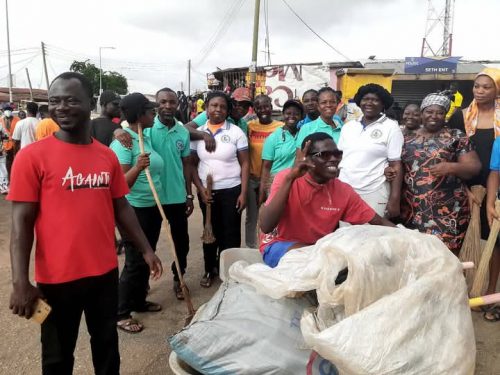
In a statement jointly signed by the Traditional Council, Assembly Member, and Unit Committee, organizers praised the residents for their commitment and communal spirit.“Your enthusiasm and commitment to maintaining good hygiene in our community are truly commendable,” the statement read. “This initiative reflects our shared responsibility to our environment and our deep respect for our departed Traditional Rulers.”
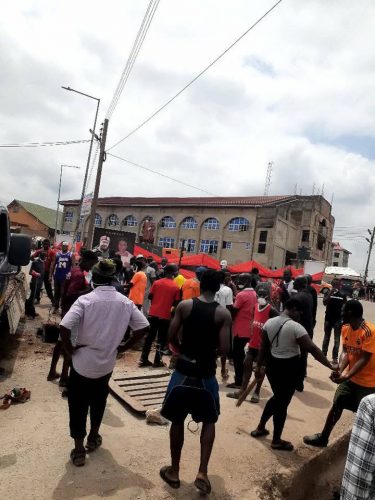
Various groups, institutions, and individuals actively participated in clearing weeds, desilting gutters, and cleaning public spaces throughout the town. The energy and unity displayed throughout the day were widely celebrated by community elders and opinion leaders, who hailed the exercise as one of the most successful in recent years.
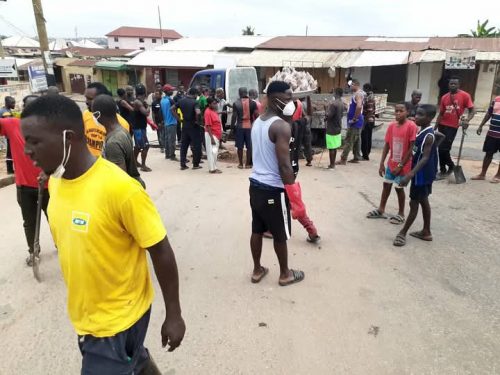
Organizers also acknowledged the immense contributions of local associations, youth groups, religious bodies, and volunteers, stressing that such collective efforts are vital to the progress and wellbeing of Asokore Mampong.
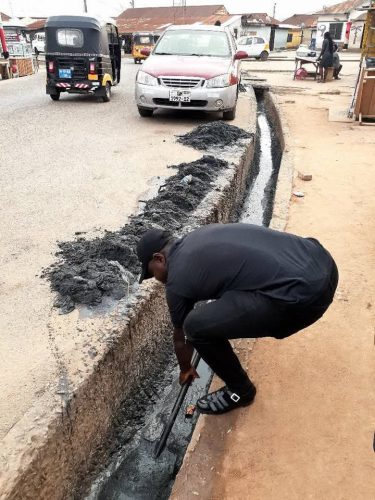
The statement concluded with a call to action for residents to show up in even greater numbers for the second and final day of the clean-up exercise.“We look forward to an equally successful second day tomorrow. Let’s keep the spirit of togetherness alive as we continue this important work.”
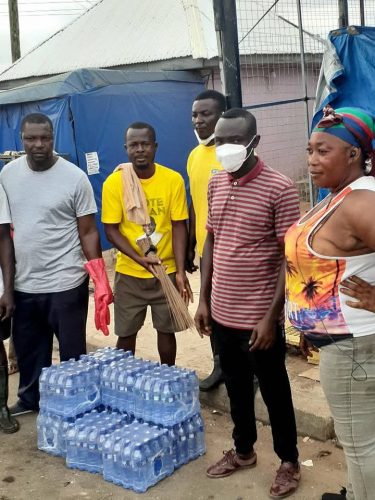
The Asokore Mampong Clean-up Exercise stands as a shining example of how tradition, unity, and civic responsibility can come together to build a better community for all.
